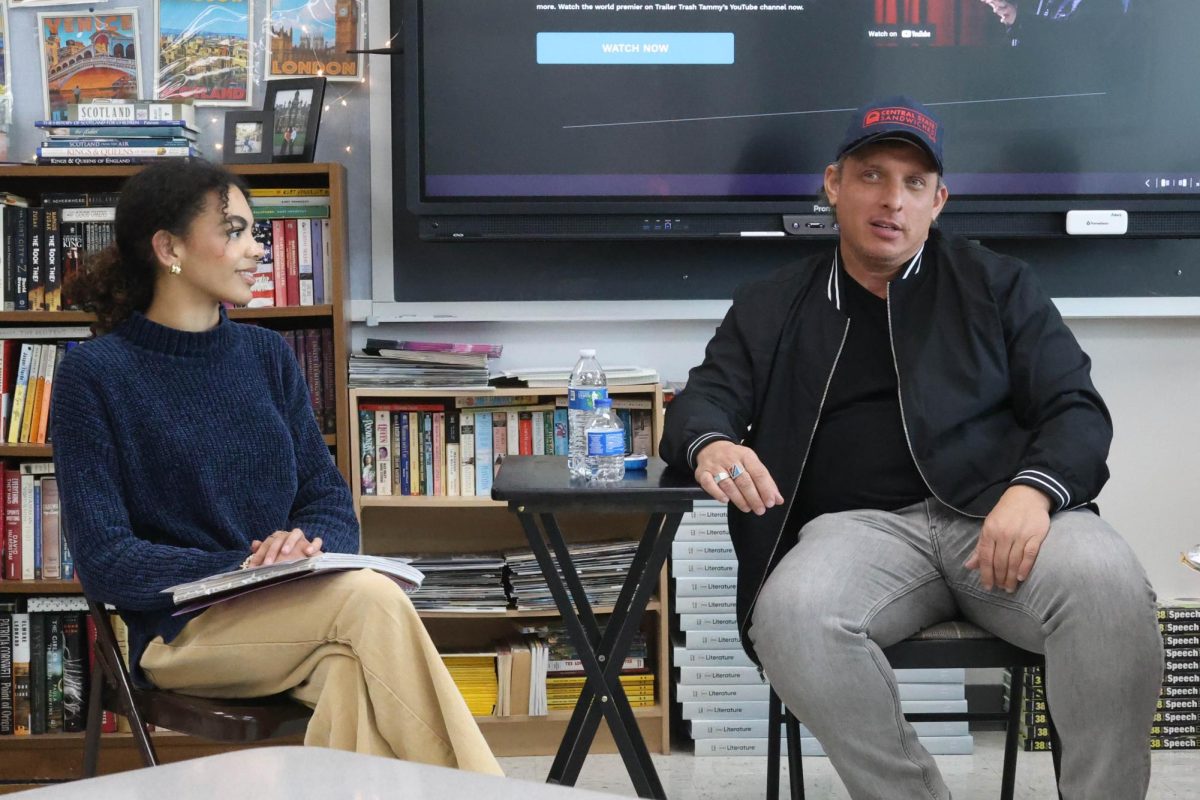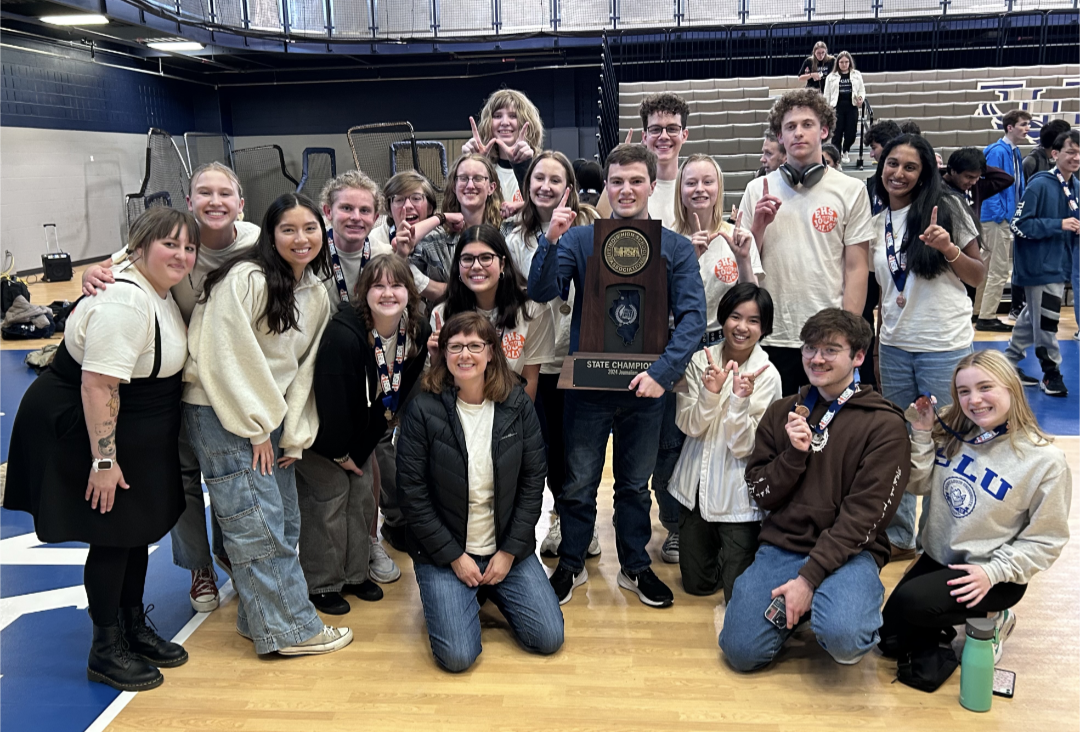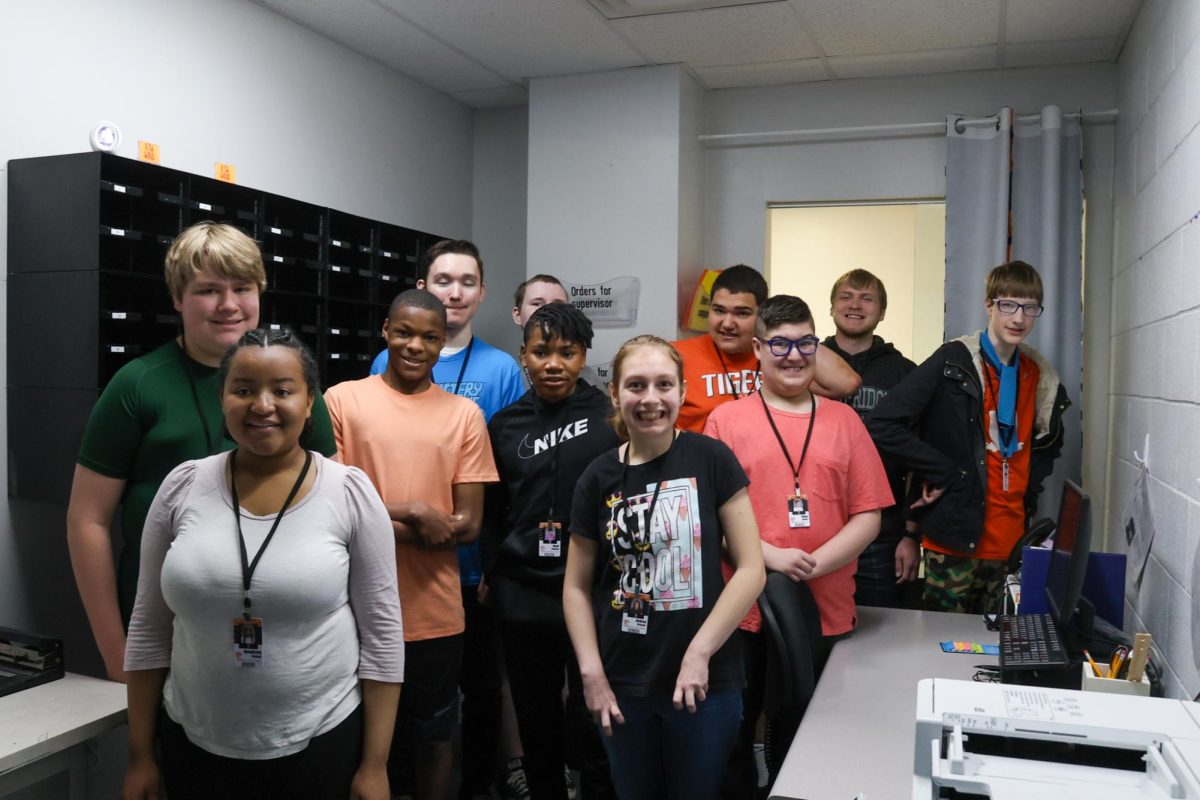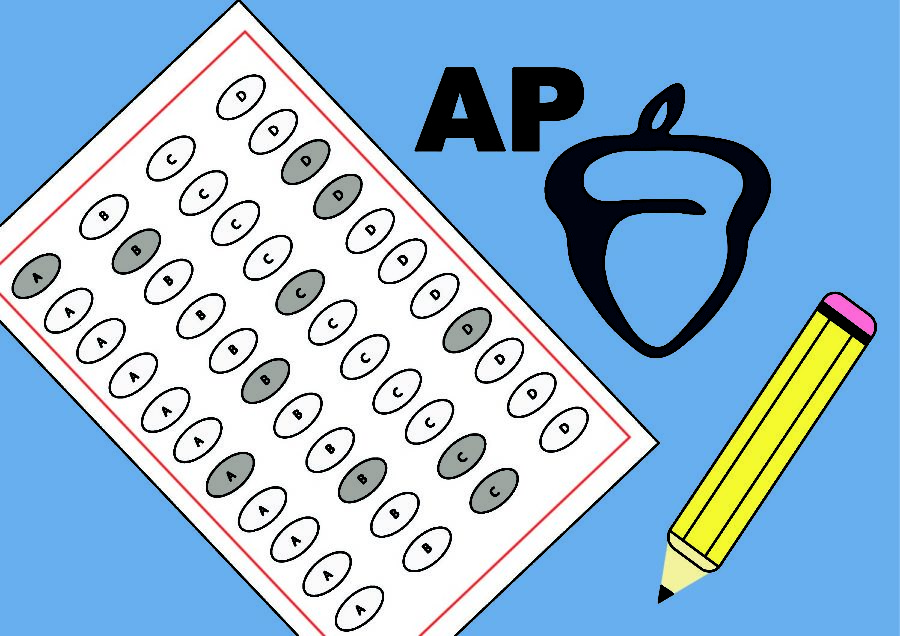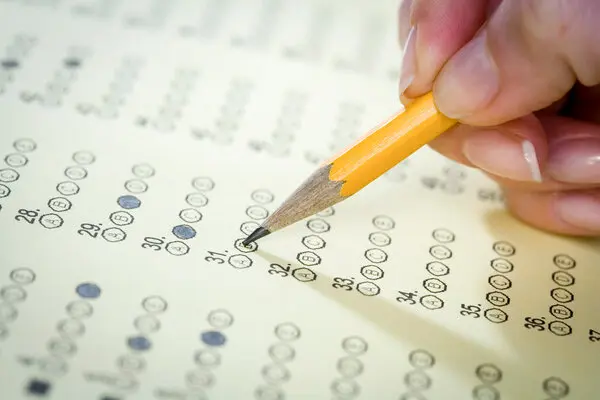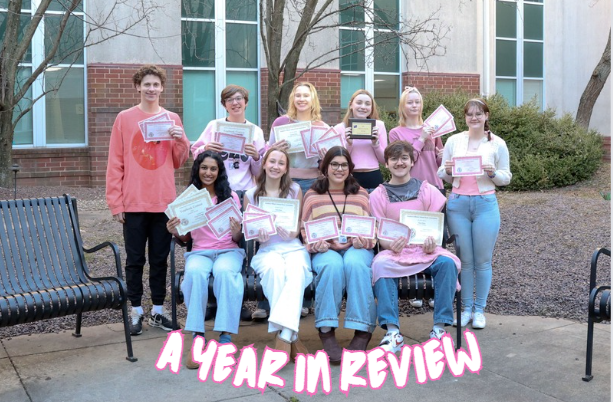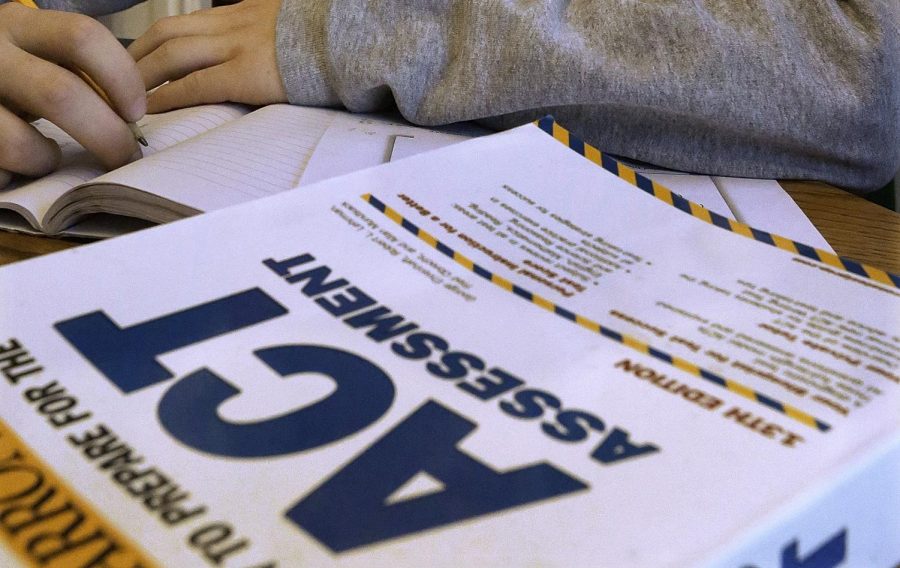College Entrance Exams are Helping No One – Except Testing Companies
A student sits before an ACT preparation book. The MyACT website currently offers the guides for about $40.
October 29, 2021
How do you study for a test over everything you’ve ever learned?
There’s no Quizlet that can teach reading comprehension, no YouTube video that covers every math skill acquired since middle school. No notes can be reviewed enough times to memorize English literacy.
If you’re ACT Inc., the answer to the question is simple. How do you get ready for the ACT? Buy a prep guide. Sign up for the $99 self-paced study course. Pay $699 for five hours of online tutoring from an “ACT Test Expert.”
Or, as the MyACT website encourages you to do before you even see your scores, keep spending money to take the test over again until your score is satisfactory.
I can’t help but feel like high schoolers are being funneled into something sinister.
A good ACT score is important to getting into a good college which is important to getting a good job. It’s a narrative taught to students across the country: if you want to be successful, you’ll do well on these tests.
This idea may benefit testing companies, but it’s harmful to students.
College entrance exams like the ACT feel high-stakes in an age where most high-paying careers require some form of college degree. The combination of stress over the future and frequent emails students receive once they sign up for the test usher many towards the seemingly obvious choice – buy whatever ACT Inc. is selling.
This might work for wealthy families who can afford to purchase prep materials or retests for their children. It becomes more difficult when spending that extra money isn’t an option.
Looking at a map of college entrance exam scores in St. Louis and the Metro East from EdGap.org, a pattern becomes clear. Concentrated in inner city St. Louis, with 19.1% of the population under the poverty line, average ACT scores reach lows of 13. Just across Forest Park in Ladue, household incomes climb into the hundred thousands and ACT scores reach 26.
The disparity becomes clearer when the people behind the statistics are revealed. Ladue, with its median household income of $214,875, is 88% white, according to censusreporter.org. St. Louis City, on the other hand, is 45% Black with a $47,176 median income.
Considering how dependent America’s university system is on the ACT, it’s shameful that factors such as race and economic background inhibit so many from pursuing a college education.
Organizations such as the National Center for Fair and Open Testing, or FairTest, have called for an end to the use of these standardized tests to determine student’s futures.
“Young people of color, particularly those from low-income families, have suffered the most as the explosion of high-stakes standardized testing in U.S. public education has undermined equity and school quality,” wrote Jamaica Plain for FairTest.
Plain also argues that “the huge racial gap in college enrollments” is in part to blame on the lack of merit scholarships made available to students of color. For students from low-income backgrounds, tuition assistance in the form of scholarships is crucial in pursuing higher education.
Because low test scores often impact students of color the most, institutions that rely on these scores to screen potential students will be faced with majority white populations.
The longer that these barriers to college are kept in place for students of color, the longer it is that white students will be treated as priority. For a university to function in modern society, it needs to turn away from these outdated measures of academic success.


